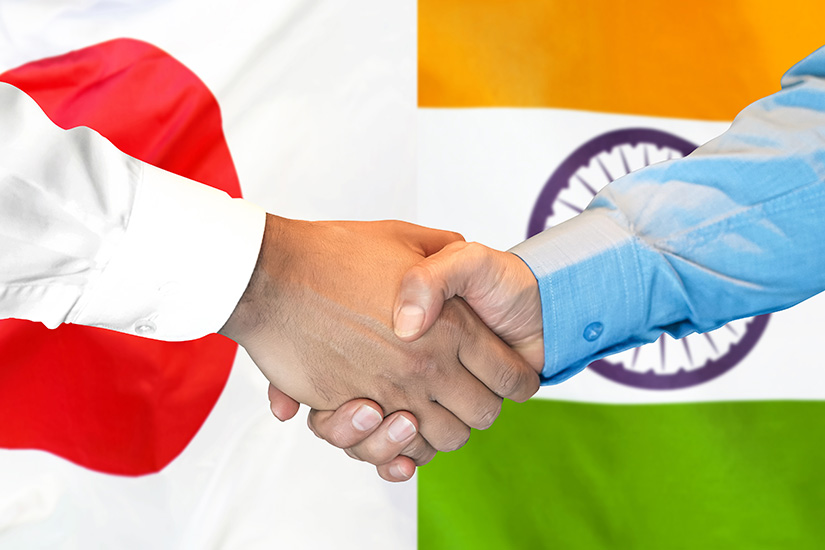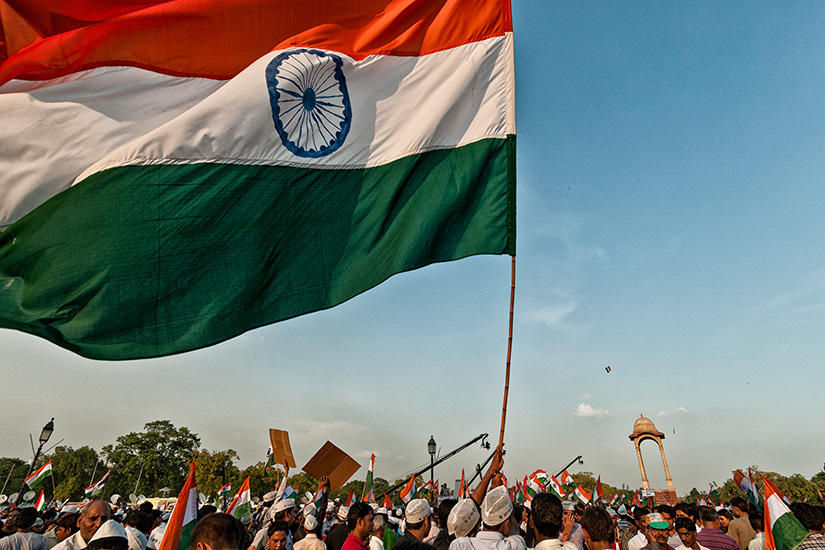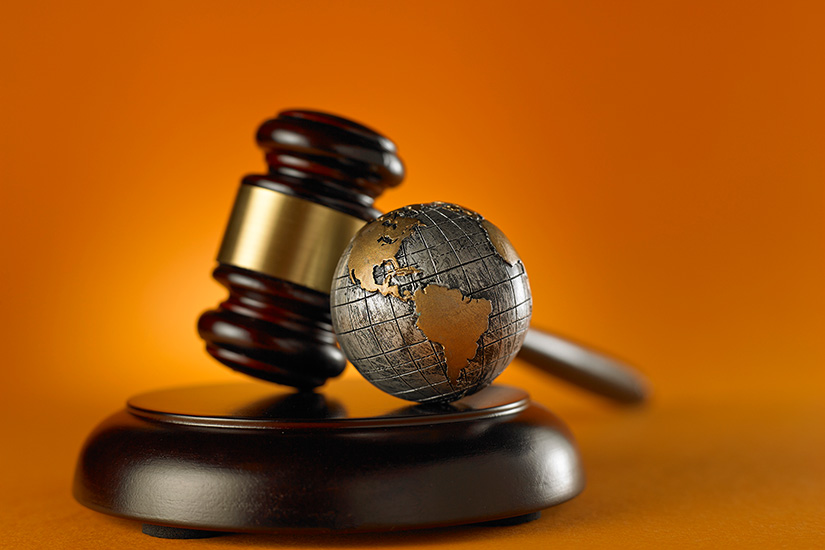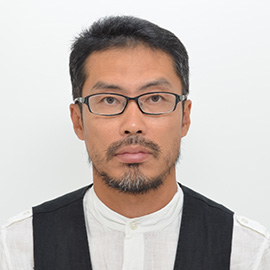Kishida’s visit to India attracted attention
The news of the visit to India by Prime Minister Kishida on March 20 attracted attention in a variety of senses. Firstly, there is the point that the plan to visit India was revealed immediately after Foreign Minister Hayashi skipped the G20 Foreign Ministers’ Meeting in Delhi on March 2, giving the need to attend a Diet session as the reason. Voices of criticism and disappointment saying the move was “unbelievable” spread within India, which lost face as the holder of the Presidency.[1] For that reason, there has been speculation that perhaps the prime minister was going to India to make up for the previous absence of the foreign minister.[2] Secondly, immediately before Prime Minister Kishida’s visit to India, the news that Chinese President Xi Jinping was visiting Russia from the same day, March 20, was suddenly announced. The fact that the Japan-India and China-Russia summit meetings were being held simultaneously aroused geopolitical interest.[3] In relation to this, the third point is that Prime Minister Kishida initiated a “surprise” visit to Ukraine directly from India. It is reported that Prime Minister Kishida snuck out of a hotel in Delhi without the journalists accompanying him noticing during the night of March 20.[4] It seems that this was a plan carefully prepared in conjunction with the India visit.
The positioning of the Summit Meeting
A relationship between Japan and India in which their respective leaders visit the other country in turn has basically continued since 2005.[5] In 2022, Prime Minister Kishida visited India in March, so this year it was Prime Minister Modi’s turn to visit Japan.[6]Therefore, this visit to India is not for the annual summit meeting. This is another reason why there was speculation that the visit was to make up for the previous absence of the foreign minister or that Kishida was using India as a stop-off point for his visit to Ukraine, but we can conclude that, far from being strange, it was rather perfectly natural for Japan, as the holder of the G7 Presidency, and India, the holder of the G20 Presidency, to collaborate with each other for the success of their respective meetings and to engage in “candid discussions.”[7]
At the summit meeting, Prime Minister Kishida showed his understanding of the position of Prime Minister Modi, who places importance on the interests of the emerging and developing countries known as the Global South as the holder of the G20 Presidency,[8]and the two leaders apparently exchanged views on a wide range of issues, including development finance, food security, climate change, and energy. Prime Minister Kishida emphasized the importance of an “international order based on the rule of law,” particularly keeping in mind Russia’s invasion of Ukraine, and Prime Minister Modi declared his agreement with this.[9] Furthermore, Prime Minister Modi received an invitation to the G7 Hiroshima Summit in May and promised that he would attend. It appears that the main purpose of the summit was to achieve the goal of holding frank exchanges of views and build a relationship of trust as the leaders of the countries holding the Presidencies of the G7 and the G20, and therefore no joint statements were issued.

How Japan approaches India as an “indispensable partner”
However, the outcome of the current visit to India which is deserving of attention is the policy speech titled “The Future of the Indo-Pacific” given by Prime Minister Kishida at the Indian Council of World Affairs (ICWA). In Japan, reports on this speech have centered on the four pillars: (i) principles for peace and rules for prosperity, (ii) addressing challenges in an Indo-Pacific way, (iii) multi-layered connectivity, and (iv) extending efforts for security and safe use of the sea to the air, and the specific measure of infrastructure support of 75 billion US dollars.[10]
In response to this, India highly praised the fact that Prime Minister Kishida clearly stated that India is an “indispensable partner” for a “Free and Open Indo-Pacific” and called for Japan and India to go on that journey together.[11] Just as in the policy speech Prime Minister Kishida gave at Johns Hopkins University in the United States (US) in January this year, this policy speech emphasized the importance of initiatives for the Global South centered on India[12] and discussed the strategies of Japan for achieving those initiatives.
What is particularly deserving of attention is the point that Prime Minister Kishida seemed to show an attitude which was a fresh departure from the “values diplomacy” of the former Abe administration era and from the Biden administration in the US, which places importance on democracy and human rights. Of course, this does not mean that Prime Minister Kishida is ignoring values. On his visit to India this time he contributed an article to a local newspaper stating that India and Japan are on the same page with regards to the “values and principles of freedom, democracy, human rights and the rule of law,”[13] and he also praised India by saying in his policy speech that “India is the largest democracy in the world.” However, in the paragraph immediately after that he stated that “the people of the two countries humbly acknowledge that there are diverse values, cultures and histories on this planet, and that fully understanding them is not an easy task. We are the kind of people who understand intuitively that the best way forward is to respect the other party and cooperate through dialogue,” thereby expressing a position which did not impose the values of the West.[14]

It seems that he expressed this position keeping in mind the authoritarian tendencies called the “retreat of democracy” under the Modi administration in recent years, the criticisms of them by Europe and the United States, and the backlash against those criticisms from the India side. For example, when US Secretary of State Antony Blinken stated “we’re monitoring some recent concerning developments in India, including a rise in human rights abuses by some government, police, and prison officials” at the joint press conference on the occasion of the U.S.-India 2+2 Ministerial Dialogue in Washington in April 2022, the following day India’s Foreign Minister Dr. Subrahmanyam Jaishankar reacted to this by saying “we also take our views on other people’s human rights situation, including that of the United States.”[15] This year India strongly protested a documentary called “India: The Modi Question” aired by the BBC of the United Kingdom, saying for example that it demonstrated a “colonial mindset,” and India not only prohibited broadcast and viewing of the documentary in India but also launched a large-scale tax investigation of the BBC offices in India.[16]
On the other hand, as shown by the fact that India also participated in “The Summit for Democracy” at the end of March and signed the Declaration of the Summit for Democracy, albeit with several reservations,[17] India is strongly focused on the fact that it is a “democratic country.” Prime Minister Modi went as far as to claim that it is India which is the “mother of democracy” on the grounds, for example, that the spirit of democracy was rooted in India even before the city-state of Athens.[18] In light of these facts, we can probably conclude that it is diplomatically wise for Japan to adopt the policy of showing respect for the fact that India is the “largest democracy in the world” while not commenting on the reality of democracy in India and stressing the importance of an “international order based on the rule of law” (emphasis added by this author). This is because given the current and future power relationships in the Indo-Pacific, bringing India closer is essential when considering the interests and security of Japan.

However, what should be questioned is whether overlooking the shift to authoritarianism in India is truly desirable for Japan and the Indo-Pacific order. While the author discussed this in detail in my book “The True Nature of India,” it is probably necessary to think about how to draw India back to the principles of liberal democracy in a way which avoids being seen as “condescending.”[19]
(2023/05/29)
Notes
- 1 “Japan’s ‘Unbelievable’ move surprises India; Foreign minister to skip G20 meet | Here's why,” Hindustan Times, February 28, 2023.
- 2 Prime minister arranges India visit to show his emphasis on the country after the absence of Foreign Minister Hayashi from the G20 meeting,” Mainichi Shimbun, March 3, 2023.
- 3 C. Raja Mohan, “C Raja Mohan writes: Japanese PM Kishida’s visit to India, Chinese president Xi’s trip to Moscow, and the rearrangement of great power and regional politics,” The Indian Express, March 24, 2023.
- 4 “Something happened in the night at New Delhi… Immediately before the prime minister travelled in secret to Ukraine,” Asahi Shimbun, March 21, 2023.
- 5 The only years in which mutual visits by the leaders were not carried out were 2012 when Prime Minister Noda decided to dissolve the Diet and hold general elections, 2019 when Prime Minister Abe abandoned his plan to visit to India due to the worsening security in India, and 2020 and 2021 due to COVID-19.
- 6 In September 2022 Prime Minister Modi visited Japan, but this visit was in order to attend the state funeral of former prime minister Abe.
- 7 “Contributed Article by Prime Minister KISHIDA Fumio to The Indian Express,” Prime Minister’s Office of Japan, March 20, 2020.
- 8 Toru Ito, “India has Started to Emphasize the ‘Global South’,” International Information Network Analysis (IINA), The Sasakawa Peace Foundation, February 8, 2023.
- 9 Suhasini Haidar, “Need to take a common stand on maintaining international order, says Japanese PM,” The Hindu, March 20, 2023.
- 10 “Prime Minister Kishida declares infrastructure support of more than 9 trillion yen for the Indo-Pacific region in a speech in New Delhi,” Yomiuri Shimbun, March 20, 2023; “Prime minister’s new plan in the Indo-Pacific: emphasizing rules and committing investment of 75 billion US dollars,” Asahi Shimbun, March 20, 2023; “Prime Minister Kishida pledges to provide 75 billion US dollars for infrastructure and security support in the Indo-Pacific,” Nihon Keizai Shimbun, March 20, 2023.
- 11 Shubhajit Roy, “Japan PM Fumio Kishida: India indispensable for free Indo-Pacific,” The Indian Express, March 21, 2023.; HT Editorial, “India’s best friend in Asia,” The Hindustan Times, March 22, 2023.
- 12 “If the Global South, holding integral places in the international arena, turn their back, we will find ourselves in the minority and unable to resolve mounting policy issues,” Prime Minister’s policy speech at Johns Hopkins University School of Advanced International Studies entitled “Japan's decisions at history’s turning point,” January 15, 2023.
- 13 “Contributed Article by Prime Minister KISHIDA Fumio to The Indian Express,” Prime Minister’s Office of Japan, March 20, 2020.
- 14 “Policy Speech by Prime Minister KISHIDA Fumio at the Indian Council of World Affairs (ICWA),” Prime Minister’s Office of Japan, March 20, 2020.
- 15 “India Also Has Concerns About Human Rights in US: Jaishankar,” The Wire, April 13, 2022.
- 16 “BBC offices in India raided by tax officials amid Modi documentary fallout,” The Guardian, February 14, 2023.
- 17 “Declaration of the Summit for Democracy,” US. Department of State, March 29, 2023.
- 18 Suhasini Haidar, “India is indeed the mother of democracy, says PM Modi citing Mahabharata and Vedas,” The Hindu, March 29, 2023.
- 19 Toru Ito, “The True Nature of India ― The Fiction and Reality of a ‘Future Great Power’,” Chuko Shinsho La Clef, 2023.

